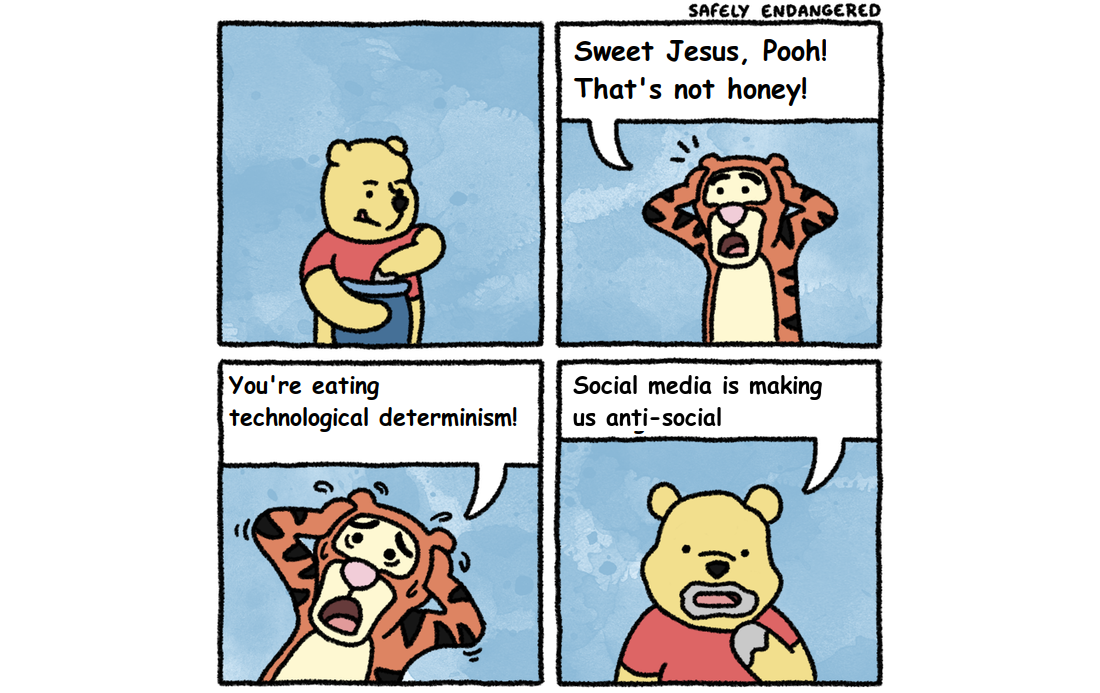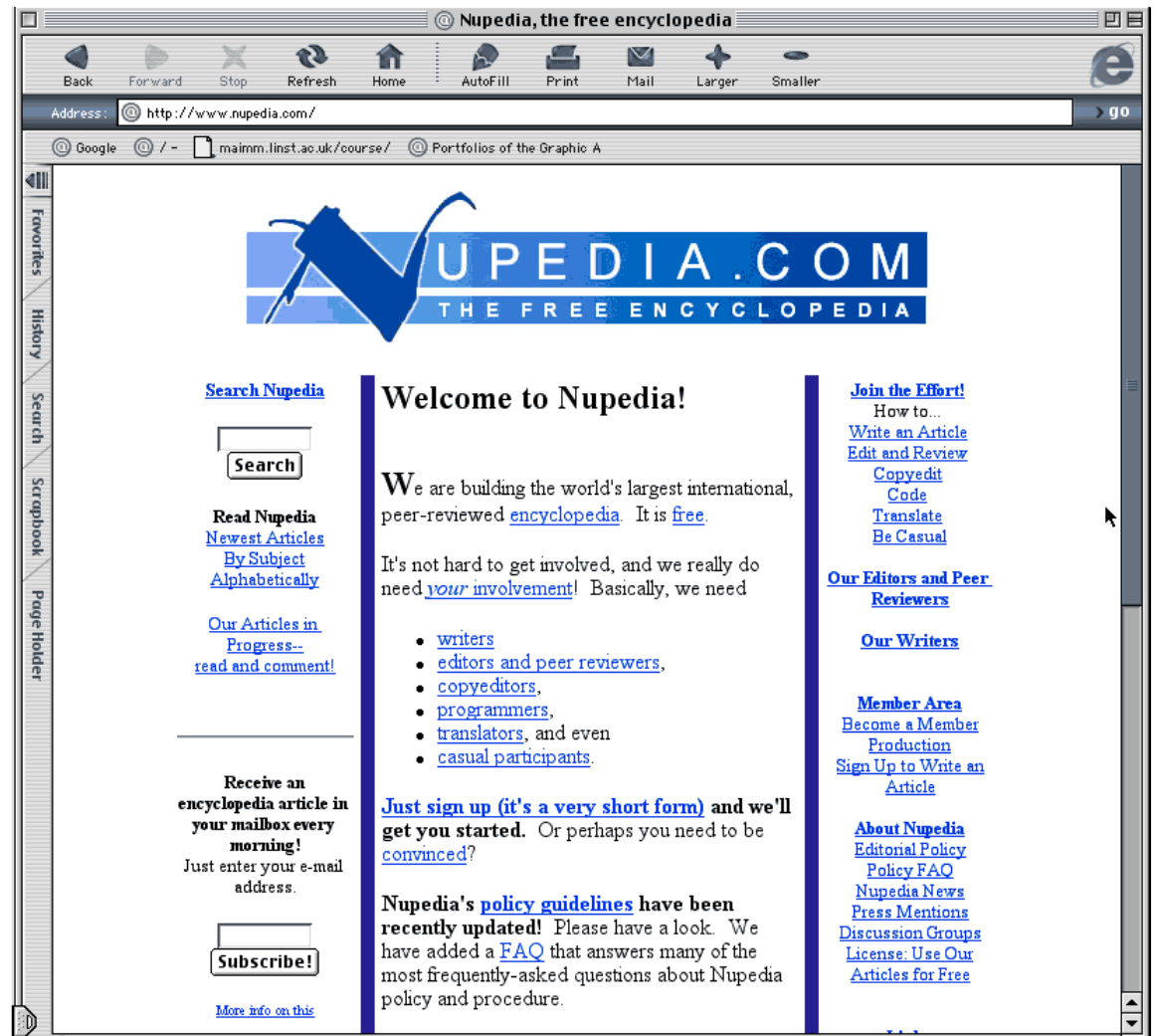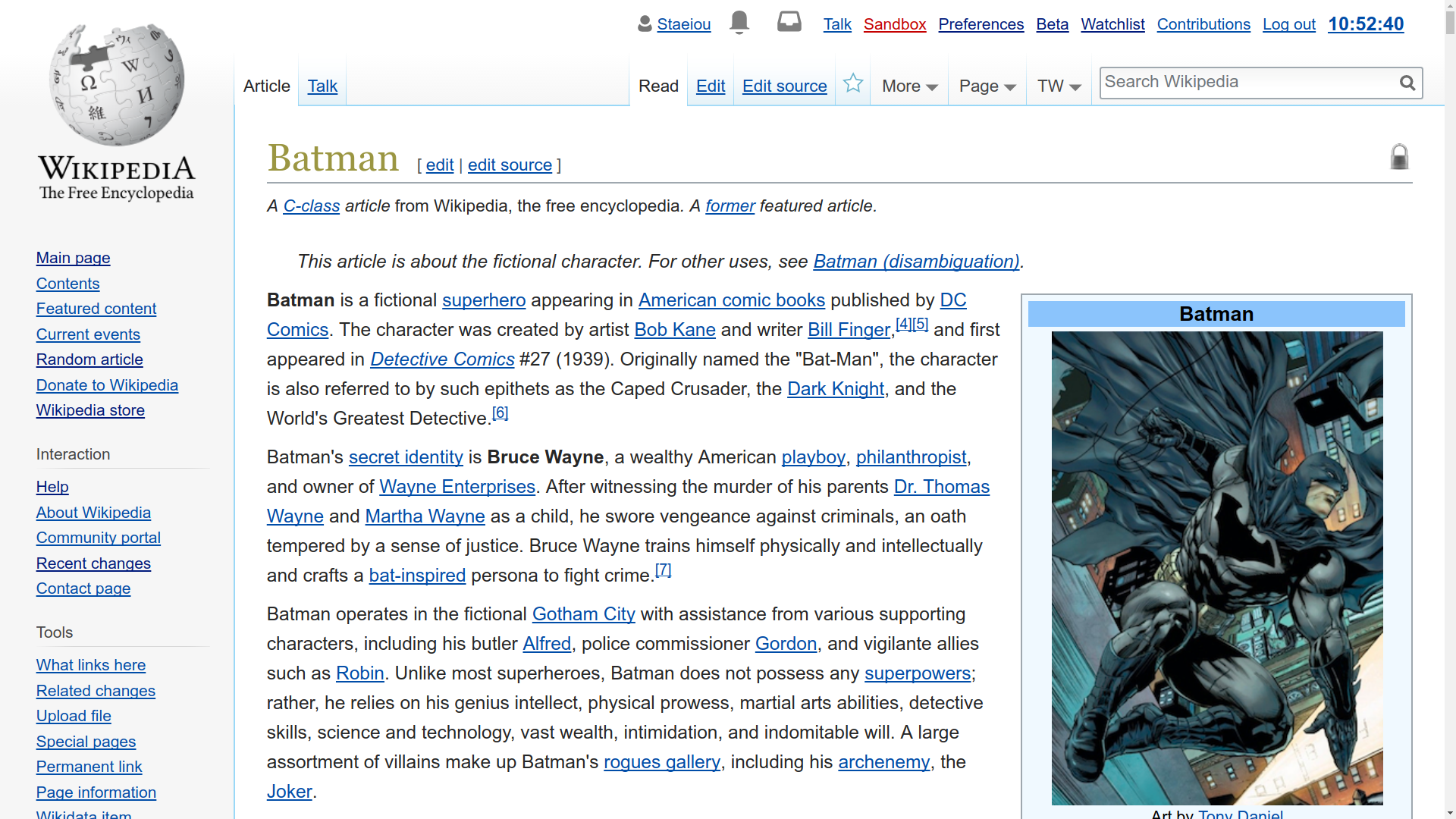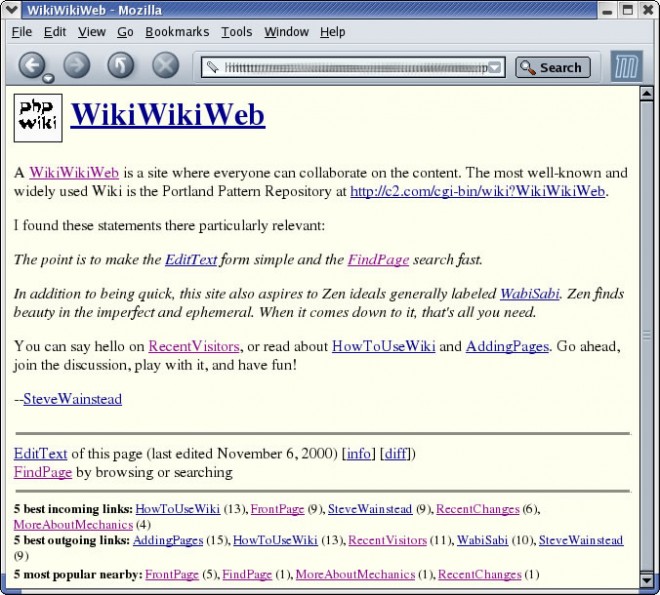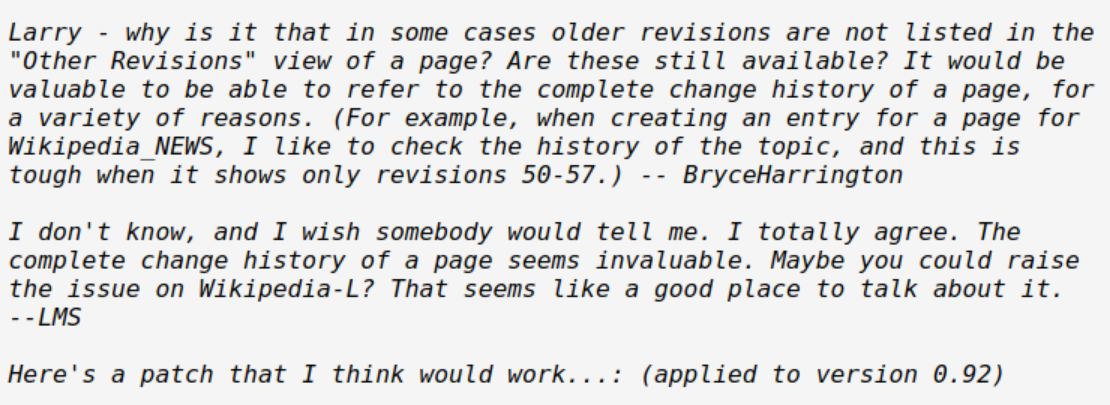stuartgeiger.com/aoir2017 by @staeiou
The pre-history of Wikipedia¶
...a failure. After 18 months & $250,000 USD, only 12 articles.¶
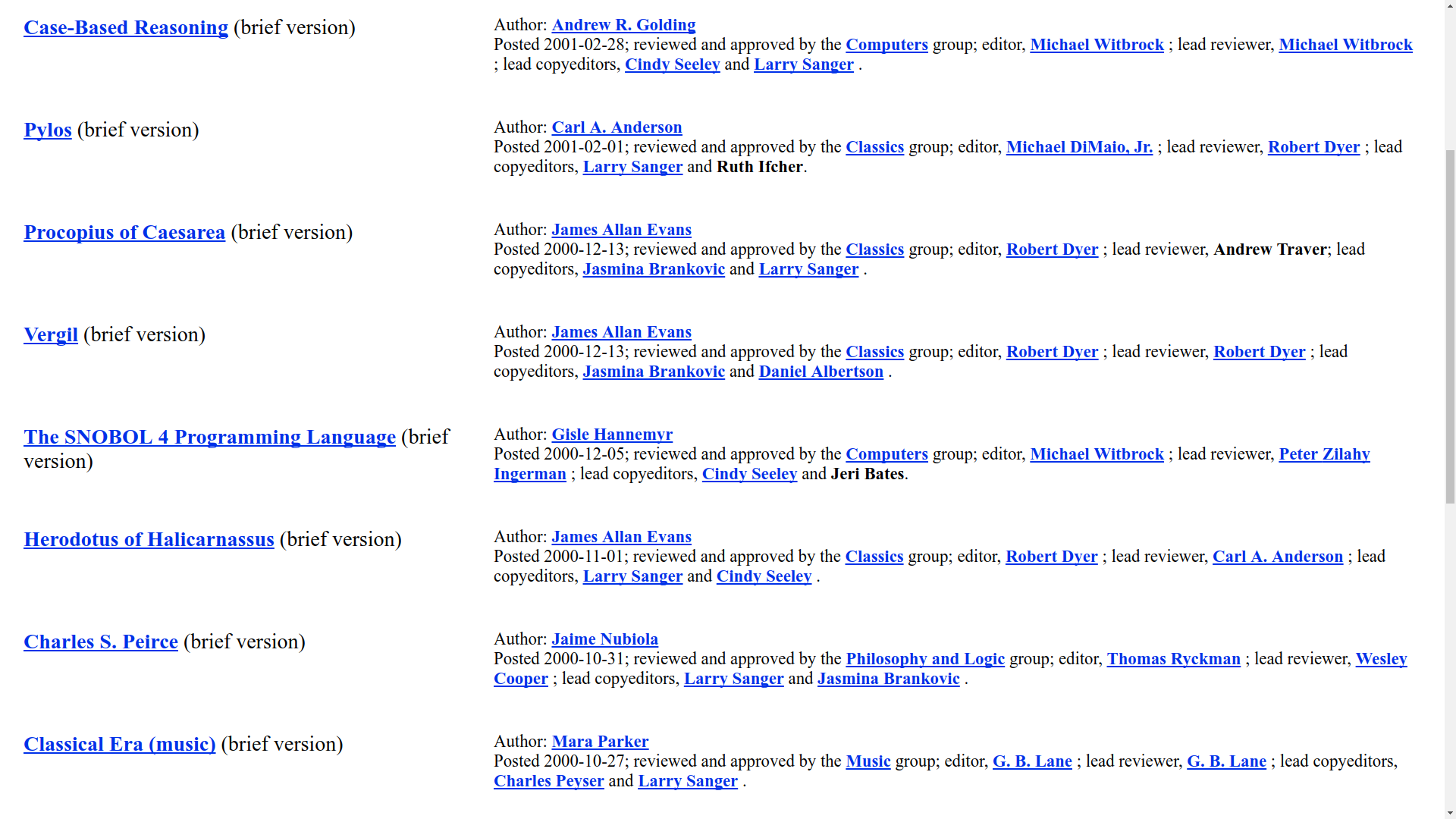
(From archive.org, layout edited to fit)
Winter 2000-2001: Larry Sanger & Jimmy Wales learn about WikiWikiWeb, Jimmy asks them a simple question:¶


(archived from WikiWikiWeb/WikiPedia, as told in Sanger's memoir)
(They go ahead and make Wikipedia anyway)¶
Instead of this?¶
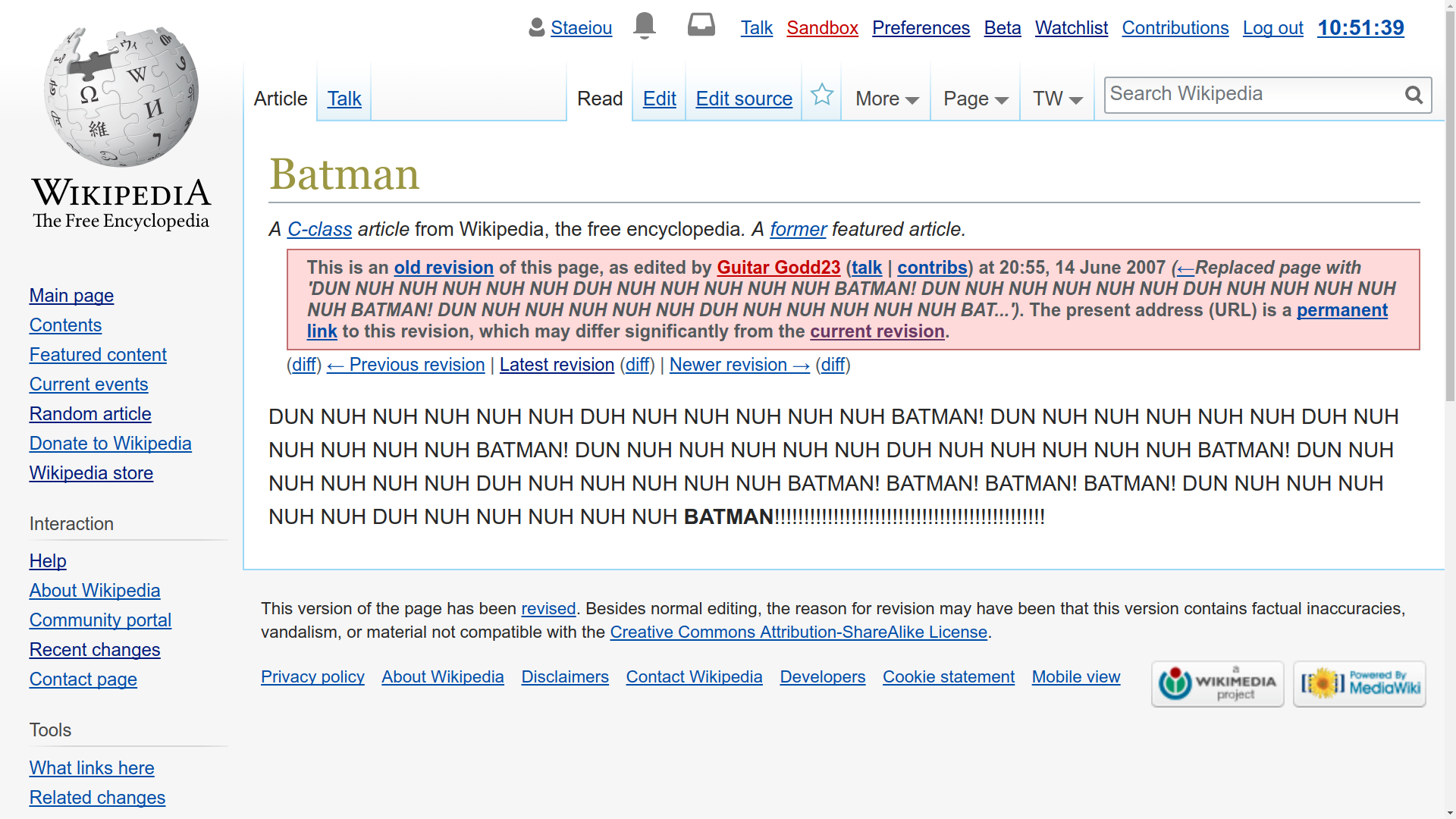
But Wikipedia became a quite different kind of wiki¶
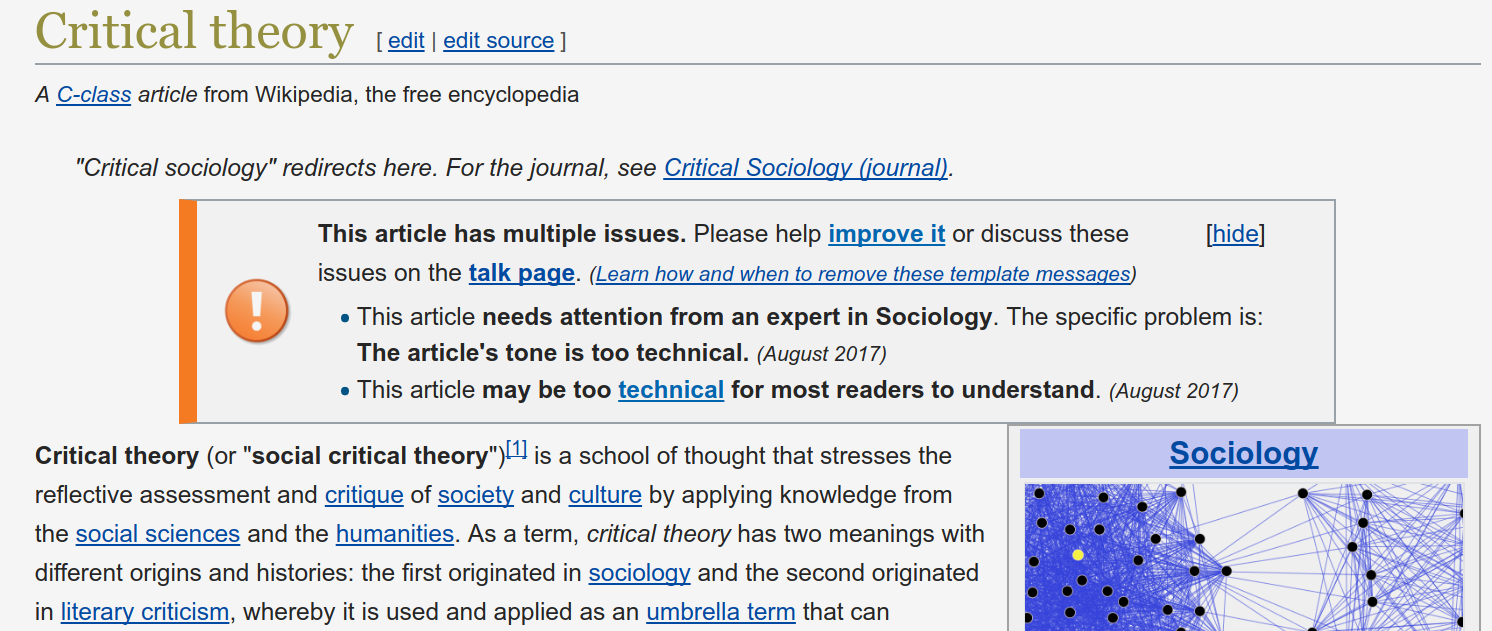
Wikipedia was neither the first encyclopedia nor the first wiki¶
| Diderot and D'Alembert's Encyclopedie (1751) | Ward Cunningham's WikiWikiWeb (1994-5) |
|---|---|
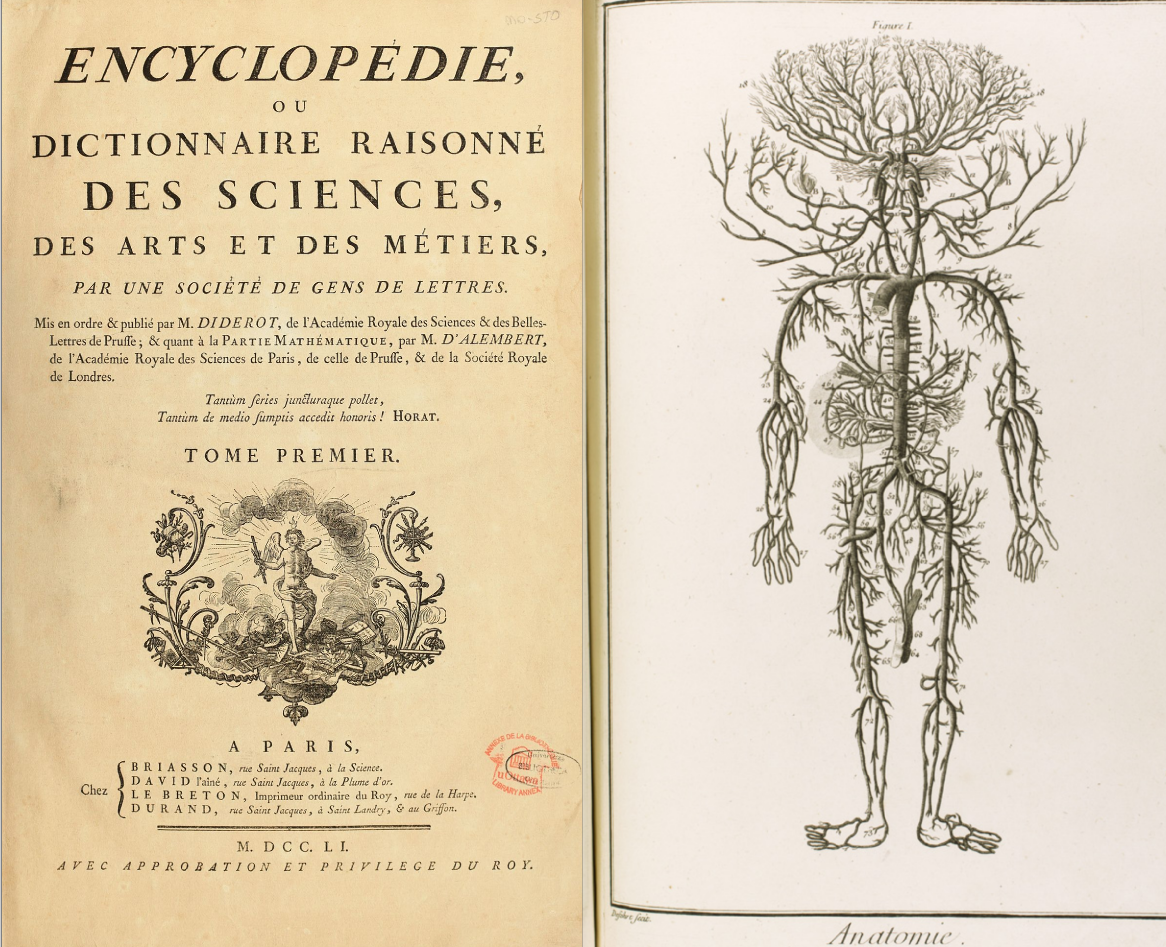 |
 |
Wikipedia is produced out of the tension to be both a “wiki-” and a “-pedia”¶
(also see Rosenzweig 2006, Lih 2009, Reagle 2010, Niederer & van Dijck 2010, Ford 2014, Wadewitz 2014, Tkacz 2015)
So what was a wiki pre-Wikipedia?¶
Originally, wikis did not:¶
- keep full revision histories (with UIs for browsing history)
- separate article content from discussions about content
- be able to temporarily protect pages from public editing
- use or have built-in support academic-style references
- templates for specialized formatting and task signalling [citation needed]
Pre-Wikipedia "wikizens" linked software features (or lack thereof) to ideas about what "the wiki way" demanded from them¶

As Wikipedians worked out how to write an encyclopedia in a wiki, they revised the meanings and materialities of both.¶
Imagined affordances (Nagy & Neff 2015):¶
“Imagined affordances emerge between users’ perceptions, attitudes, and expectations; between the materiality and functionality of technologies; and between the intentions and perceptions of designers.”¶
Also: Suchman 1987/2017, Lievrouw 2002, Gitelman 2006, Turner 2006, Kelty 2008 Gillespie 2010 Chun 2011, van Dijck 2013, Bucher 2017, tell me more please!¶
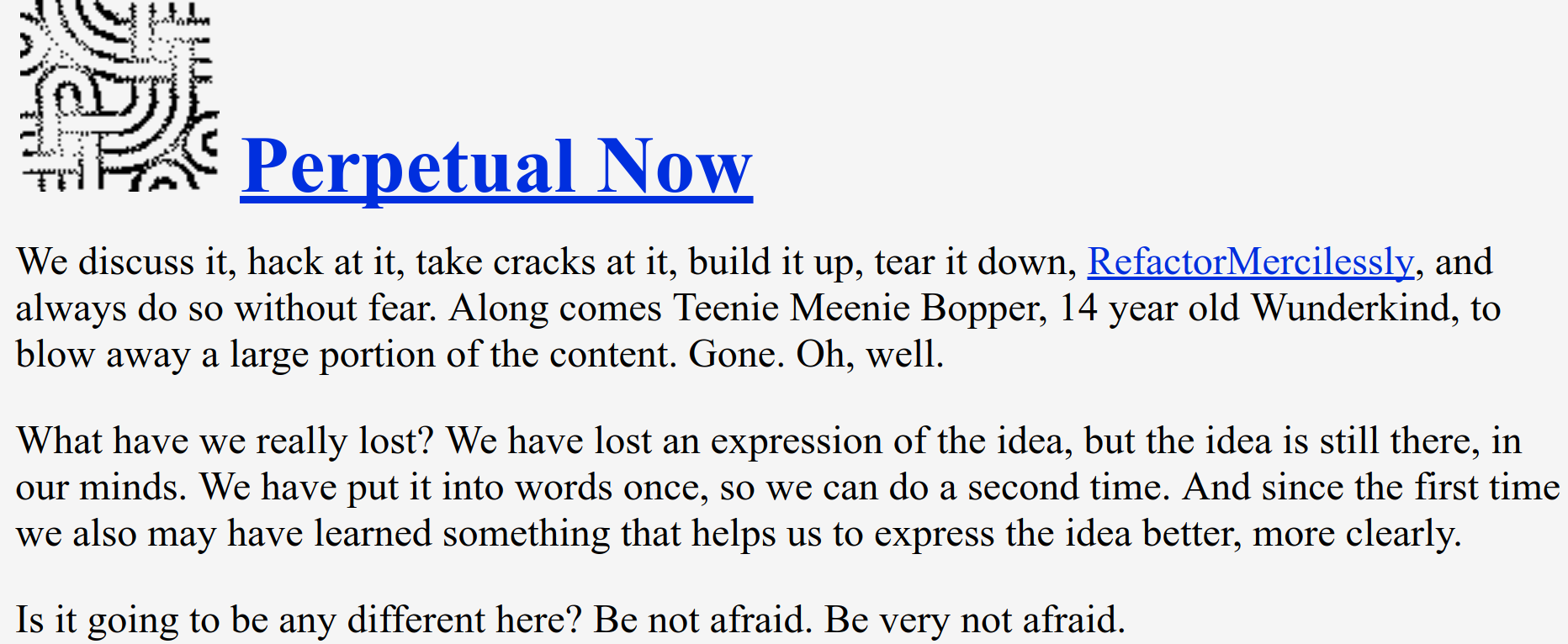
(archived on archive.org)
Controversies over admins deleting pages from the database with no record¶

(from a wikipedia-l discussion)
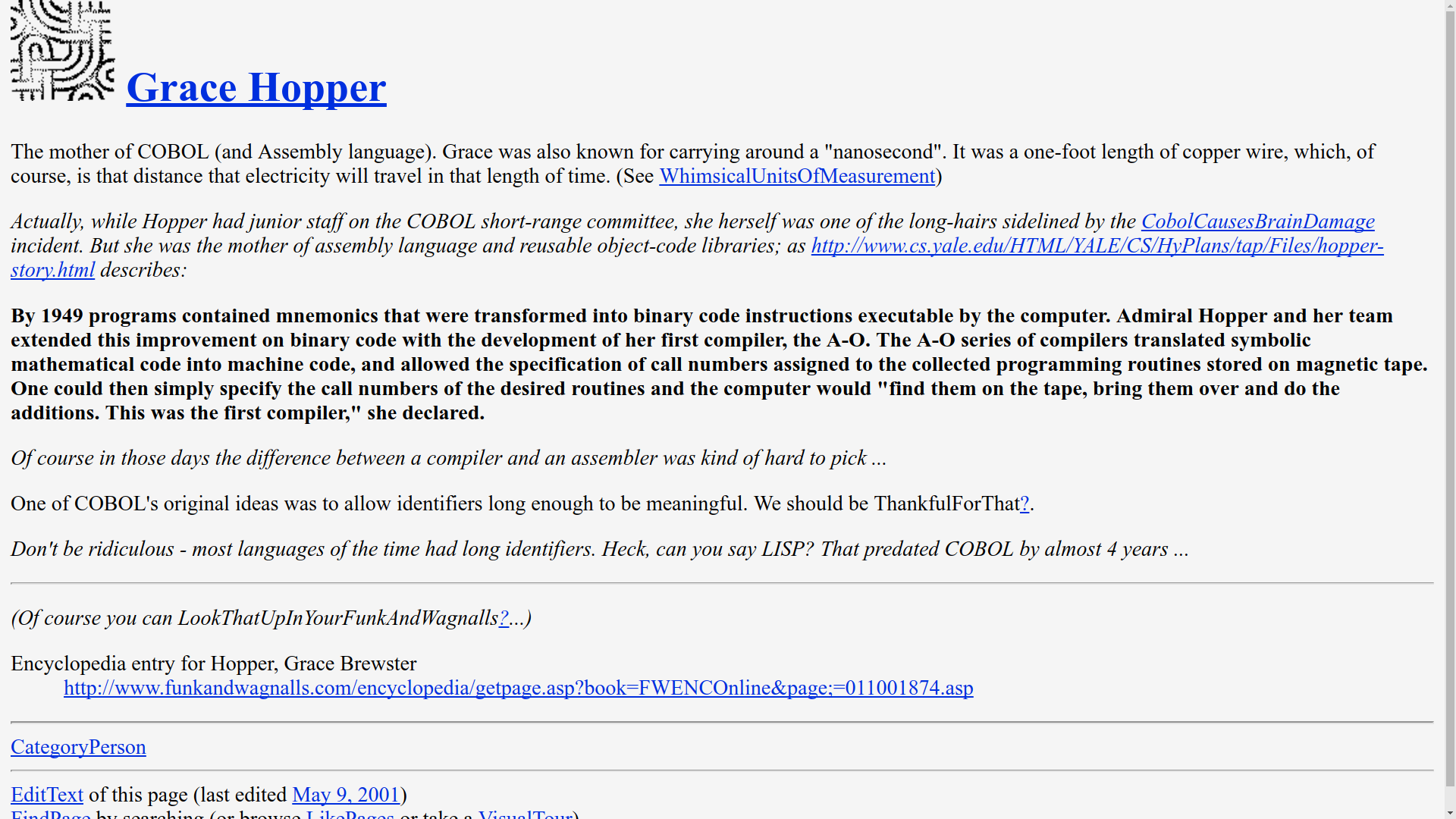
Wikipedia's talk pages, separating content from discussion¶
| Wikipedia article | Wikipedia talk page |
|---|---|
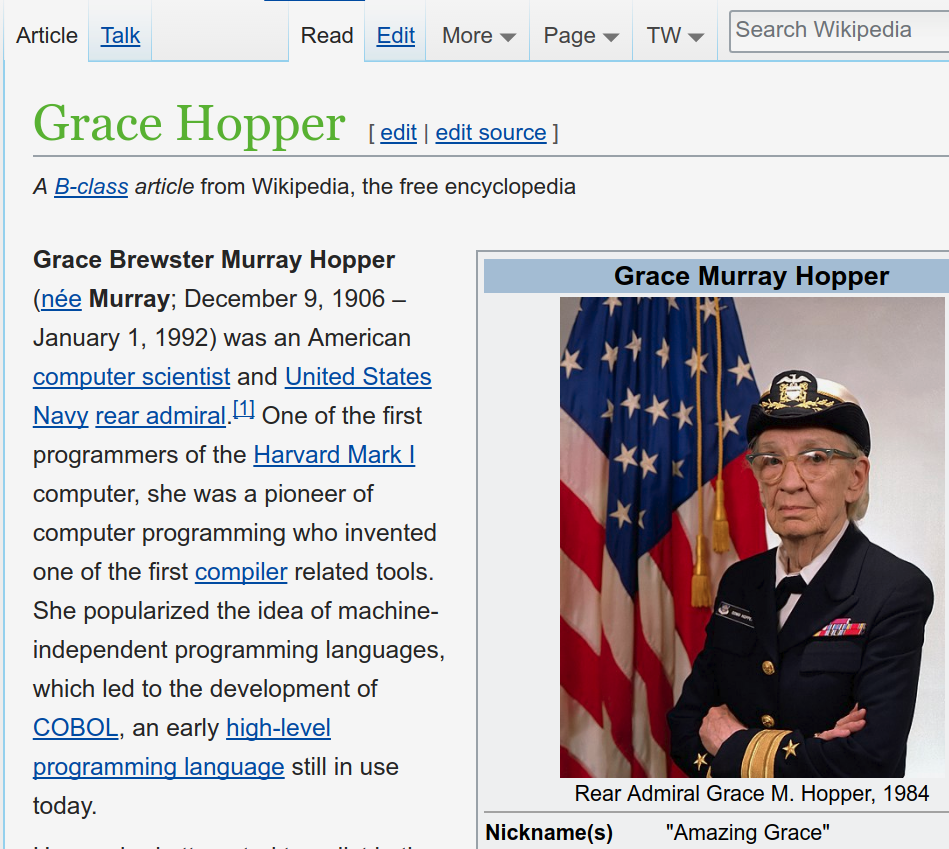 |
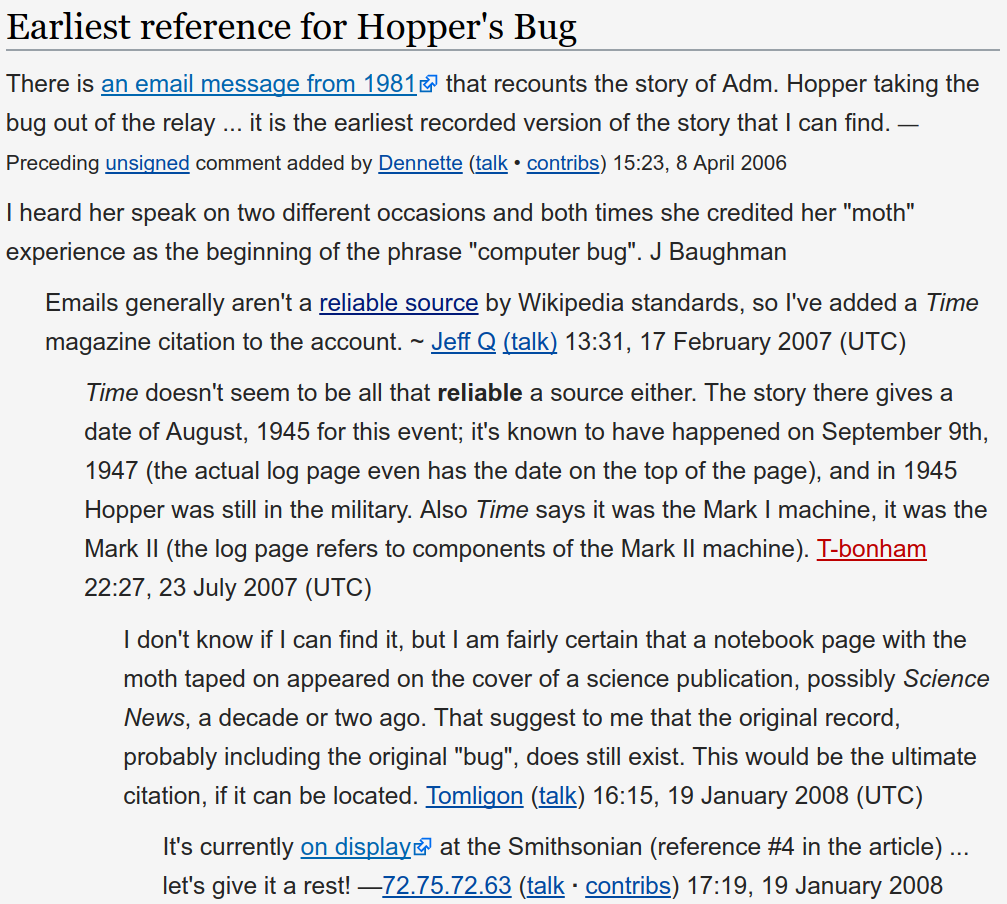 |
I'm going to have to skip over some slides now¶

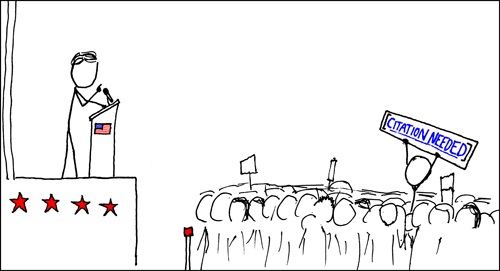
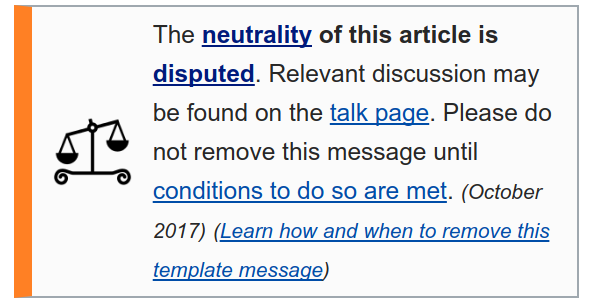
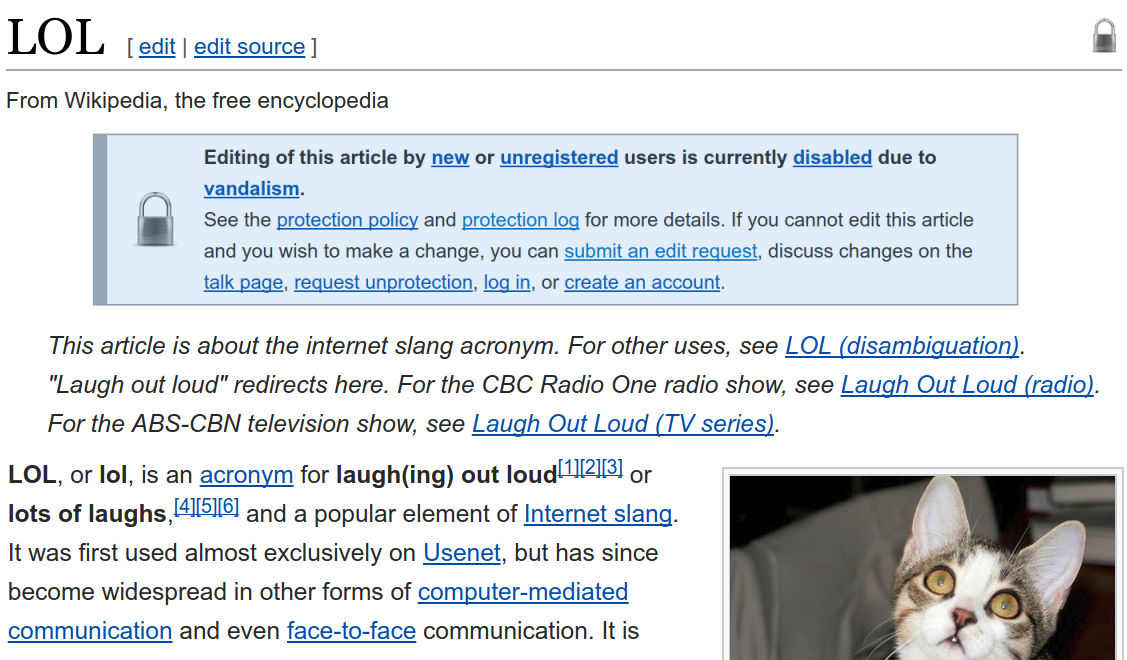
Wikipedia would become both an encyclopedia and a wiki, as Wikipedians revised both what encyclopedias and wikis were.¶
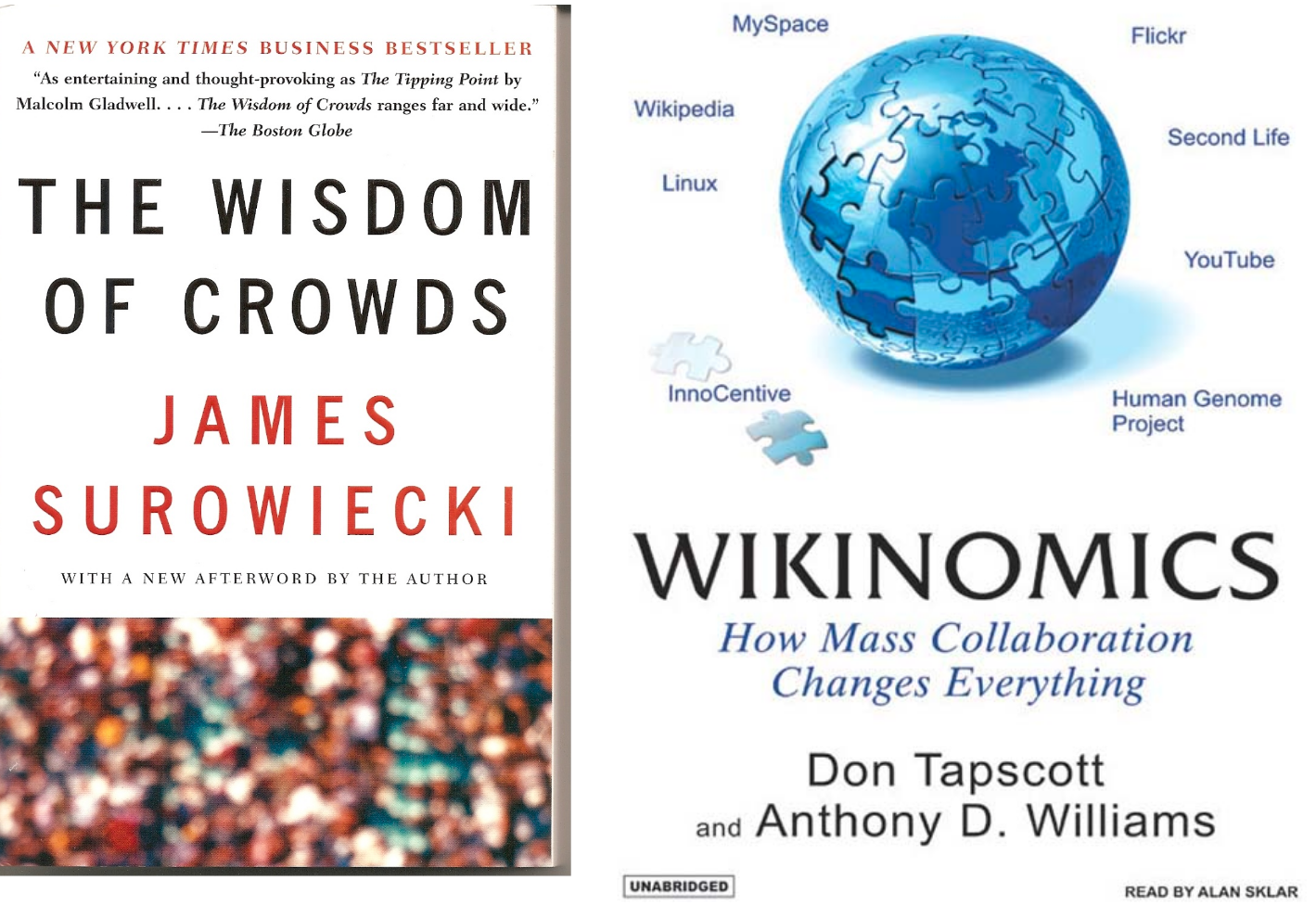
We modify the technology to make it determine the society we thought the technology had always determined¶
